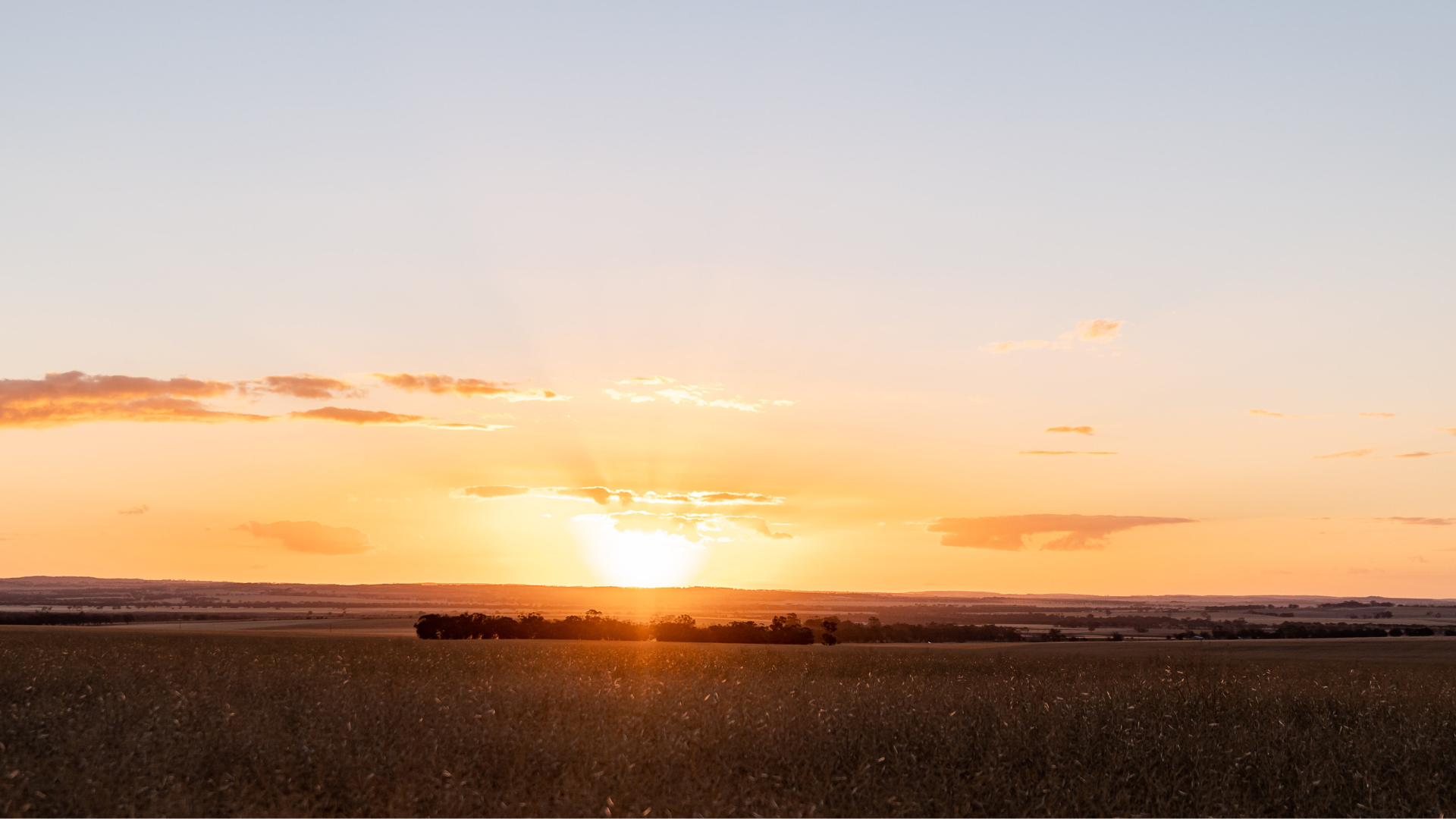The following article has been written by a guest author.
Bryn Edwards | Leadership & Systems Transformation Facilitator | WISDOM in your life
Bryn has worked with Planfarm over a number of years, specifically more in the Horticultural side of our business. Bryn’s passion is helping people navigate their way through their own mental health. He has qualifications in Psychology and the Planfarm team have experienced his walk through the Map of Loss presentation and believe it is a good story to share and may be of benefit to many people. If you feel this article resonates with you feel free to contact Bryn and discuss what he has to offer.
Farming today is more volatile and complex than ever — and the pressure to balance tough decisions, stay profitable and protect your quality of life has never been higher. This isn’t just about surviving or avoiding burnout — it’s about finding a new, better way to operate when it counts most. It’s about staying clear, precise and operating at your best when it matters.
All the research shows the mental and emotional toll farming can take. But while it highlights that, it paints a grim, predestined picture that uncontrollable external events automatically lead to stress, poor choices or crisis. It misses something critical. Most research rarely looks at what’s happening inside the farmer — the hidden loads we carry, how we deal with them internally, and how those responses shape how we show up, make calls and lead our farms, families and communities.
Every event — big and small — from a bad forecast to a tight season to a broken fence line or unexpected machinery breakdown — triggers an emotional response, whether we admit it or not. These reactions don’t disappear on their own. You can’t think your way out of what you’re feeling. You can’t talk your way out either — talking helps you see it, but it doesn’t shift it. We’ve been trained to fix problems with plans, tools, machinery — but the real edge comes when you understand and work with how you naturally operate as a whole human.
Ignore what’s inside and it will leak out in subtle and destructive ways: overthinking, scattered calls, lying awake anxious in the middle of the night, a few too many beers to take the edge off, snapping at the people you care about most. If you’re honest, maybe you’ve seen it,maybe you’re seeing it now.
There is a clear, simple way to understand how we work from the inside out — just like knowing the right steps to grow a healthy crop. Skip the basics and things break down. Work with nature’s patterns and things thrive. It’s the same with you: follow how you’re wired to function, and you’ll stay clear, steady and sharp when it matters most.
One of the simplest tools we share at Wisdom In Your Life is the Map of Loss. It shows the natural way we process change and uncertainty — the reality that before we can truly gain something new, we must deal with what’s been lost. Every change, whether we choose it or not, brings an emotional response. If we skip this step, we risk sinking into overwhelm, dumping responsibility onto others, retreating into endless overthinking or disconnecting completely. When we don’t handle it, every decision becomes a reaction — replicating chaos and mounting consequences across our farm, family and community.
The Map of Loss makes it practical: acknowledge what’s happened, express it fully and release it — not in theory, but through simple physical and practical steps. Only then can we reflect clearly on what’s changed, what’s been learned and what options truly make sense. Without this, we’re just reacting.
Try to skip a step and it’s like trying to harvest before you’ve seeded the paddock — it doesn’t work. This pattern needs to be explored in real, hands-on ways within us. This is what we do at Wisdom In Your Life — we guide people through simple, experience-based activities to help you integrate this inside yourself, so you can bring more focus and purpose into every decision you make.
Farmers don’t just need another ‘check in’. They need a grounded way to see what’s happening inside and deal with it before it runs the show. Simple, real practices that handle the pressure before it spills over — so you make better decisions, stay steady, and perform at your best where it counts.
The world’s not getting any simpler — but your approach can. So, are you ready to face this in yourself — or will you keep toughing it out and pretending it’s not happening? The choice is yours.
If this speaks to you and you want to explore it further, please reach out.


